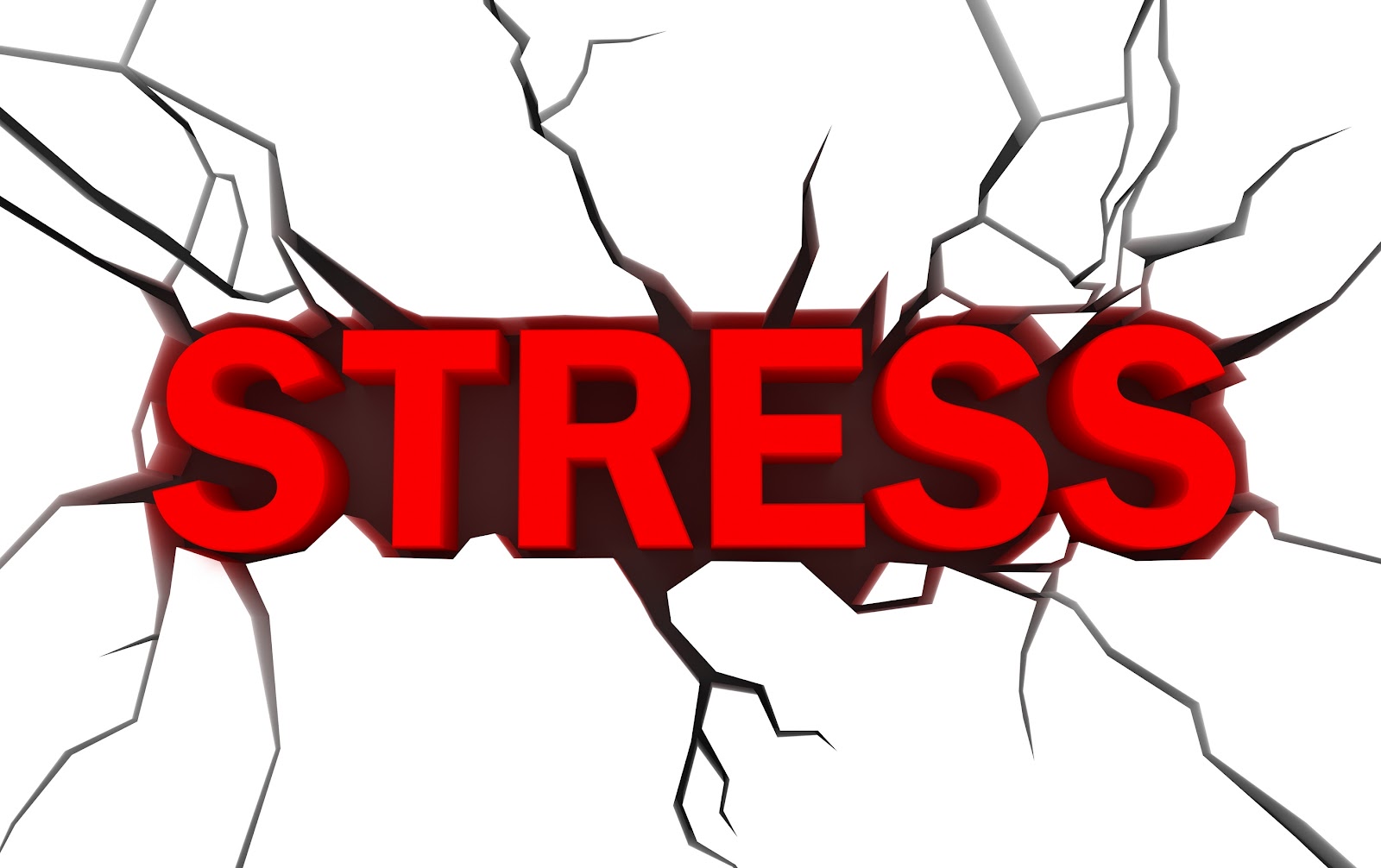Coping Strategies
Stress can be caused by
anything that makes you feel physical or mental tension.
Coping strategies help you
manage your stress.
1) Find coping strategies
that work for you.
2) Identify where you can use your coping strategies.
3) Write out your coping plan and keep it available.
5) Relax during your breaks.

SIGNS OF STRESS
- Sweating
- Body aches or pains
- Muscle tension
- Increased heart rate
- Upset stomach
- Poor sleep
- Hyperactivity
- Headache
- Shallow breathing
- Loss of appetite
- Increase in appetite
- Inability to concentrate
TRIGGERS
Physiological
Social
Environmental
Thought
COPING STRATEGIES


- Situational Stories
- Story cards
- Thoughts and feelings organizers
- Deep breathing
- Muscle tension and release exercises
- Visualization/Imagery exercises
- Music or audiobooks
- Earplugs or headphones to block out sound
- Squeeze a stress ball or hand grip
- Exercise
- Stretching
- Counting
- Talk to a friend
- Write
- Draw
- Do a hobby
- Make lists
- Get organized
- Create a self-calming statement

1) Print and complete the Identify Your Triggers worksheet.
2) Print and complete the My Triggers Scale worksheet.
3) Print and complete the What Relaxes You worksheet.
4) Download and save the Volcano Scale to your Job Skills folder under "Keeping a Job". Print a copy for your reference.
5) Download and save the Coping Story Cards to your Job Skills folder under "Keeping a Job". Print a copy for your reference.
6) Download and save the Coping Strategies assignment to your Job Skills folder under "Keeping a Job". Use the information from the previous documents to complete the assignment electronically. Print a copy when you are done.
Coping Strategies Visual
What Relaxes You Visual
RESOURCES
www.do2learn.com
Finding a Job in today's... Click Here!
ReplyDelete